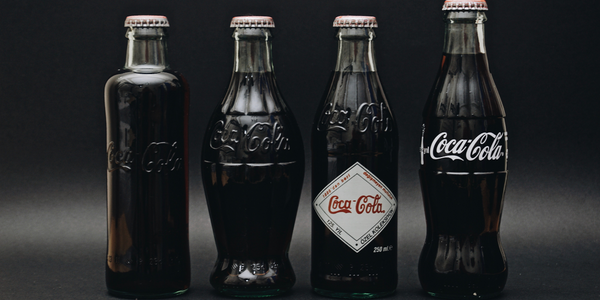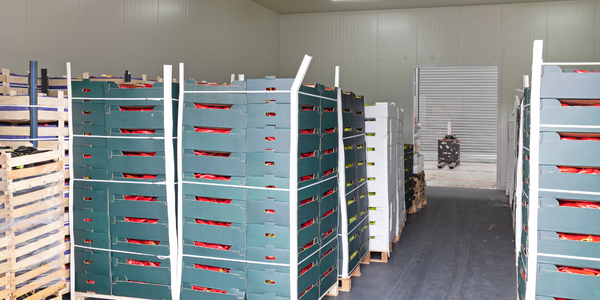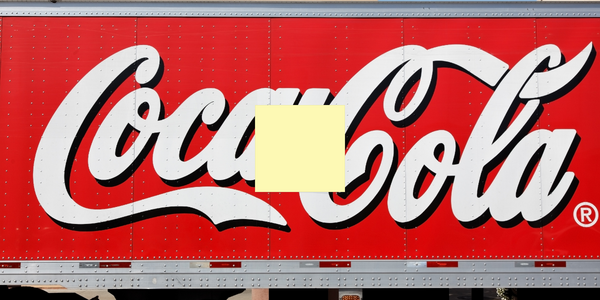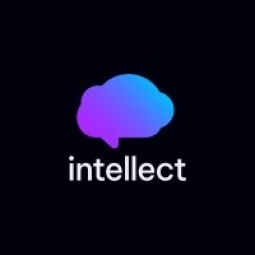Customer Company Size
Large Corporate
Country
- China
- France
- Italy
- Netherlands
- Poland
- Portugal
- Spain
- Turkey
- United States
Product
- Intellect Platform
Tech Stack
- Cloud-based Workflow Management
Implementation Scale
- Enterprise-wide Deployment
Impact Metrics
- Cost Savings
- Productivity Improvements
Technology Category
- Platform as a Service (PaaS) - Application Development Platforms
Applicable Industries
- Food & Beverage
Applicable Functions
- Quality Assurance
Services
- Software Design & Engineering Services
- System Integration
About The Customer
Mérieux NutriSciences is a global company dedicated to helping other companies find practical solutions to food safety, quality, and nutrition challenges throughout the supply chain. With 50 years of experience, they work with many well-known food and beverage companies. Mérieux NutriSciences operates in 22 countries, runs about 100 accredited laboratories worldwide, and employs about 7,000 people. The company is recognized for its commitment to ensuring consumer protection and brand reputation in the food and beverage industry.
The Challenge
Merieux NutraSciences, a global food testing company, was struggling with its paper-based system. The manual handling of documents was not only time-consuming but also made it difficult to find specific documents among the piles of binders. The company also needed a system to manage its four-step training process. As the company grew, the paper system became increasingly problematic. It was difficult to collect data for end-of-month reports, different labs had different versions of customer methods, and reports were only shared locally, not globally. Preparing for audits was a major challenge as documents were scattered across binders, desks, computers, and lab drawers. The company estimated that manually updating the paper-based system took up about 5,600 hours a year in the North American Network alone.
The Solution
Intellect provided the solution that Mérieux NutriSciences was looking for. They updated the company's Training Management system to meet all its requirements. Training was now done through Intellect workflows, with notifications sent to trainers and trainees at the start of a training session. The system kept track of each stage of the training process. Intellect also provided a Document Control system, which became the repository for all customer methods and an important tool for auditors. In addition, Intellect developed a custom application for Mérieux NutriSciences, integrating with global CRM software for customer complaints and creating complex workflows for notifications and process steps.
Operational Impact
Quantitative Benefit

Case Study missing?
Start adding your own!
Register with your work email and create a new case study profile for your business.
Related Case Studies.

Case Study
The Kellogg Company
Kellogg keeps a close eye on its trade spend, analyzing large volumes of data and running complex simulations to predict which promotional activities will be the most effective. Kellogg needed to decrease the trade spend but its traditional relational database on premises could not keep up with the pace of demand.

Case Study
HEINEKEN Uses the Cloud to Reach 10.5 Million Consumers
For 2012 campaign, the Bond promotion, it planned to launch the campaign at the same time everywhere on the planet. That created unprecedented challenges for HEINEKEN—nowhere more so than in its technology operation. The primary digital content for the campaign was a 100-megabyte movie that had to play flawlessly for millions of viewers worldwide. After all, Bond never fails. No one was going to tolerate a technology failure that might bruise his brand.Previously, HEINEKEN had supported digital media at its outsourced datacenter. But that datacenter lacked the computing resources HEINEKEN needed, and building them—especially to support peak traffic that would total millions of simultaneous hits—would have been both time-consuming and expensive. Nor would it have provided the geographic reach that HEINEKEN needed to minimize latency worldwide.

Case Study
Energy Management System at Sugar Industry
The company wanted to use the information from the system to claim under the renewable energy certificate scheme. The benefit to the company under the renewable energy certificates is Rs 75 million a year. To enable the above, an end-to-end solution for load monitoring, consumption monitoring, online data monitoring, automatic meter data acquisition which can be exported to SAP and other applications is required.

Case Study
Coca Cola Swaziland Conco Case Study
Coco Cola Swaziland, South Africa would like to find a solution that would enable the following results: - Reduce energy consumption by 20% in one year. - Formulate a series of strategic initiatives that would enlist the commitment of corporate management and create employee awareness while helping meet departmental targets and investing in tools that assist with energy management. - Formulate a series of tactical initiatives that would optimize energy usage on the shop floor. These would include charging forklifts and running cold rooms only during off-peak periods, running the dust extractors only during working hours and basing lights and air-conditioning on someone’s presence. - Increase visibility into the factory and other processes. - Enable limited, non-intrusive control functions for certain processes.

Case Study
Temperature Monitoring for Restaurant Food Storage
When it came to implementing a solution, Mr. Nesbitt had an idea of what functionality that he wanted. Although not mandated by Health Canada, Mr. Nesbitt wanted to ensure quality control issues met the highest possible standards as part of his commitment to top-of-class food services. This wish list included an easy-to use temperature-monitoring system that could provide a visible display of the temperatures of all of his refrigerators and freezers, including historical information so that he could review the performance of his equipment. It also had to provide alert notification (but email alerts and SMS text message alerts) to alert key staff in the event that a cooling system was exceeding pre-set warning limits.

Case Study
Coca-Cola Refreshments, U.S.
Coca-Cola Refreshments owns and manages Coca-Cola branded refrigerators in retail establishments. Legacy systems were used to locate equipment information by logging onto multiple servers which took up to 8 hours to update information on 30-40 units. The company had no overall visibility into equipment status or maintenance history.







